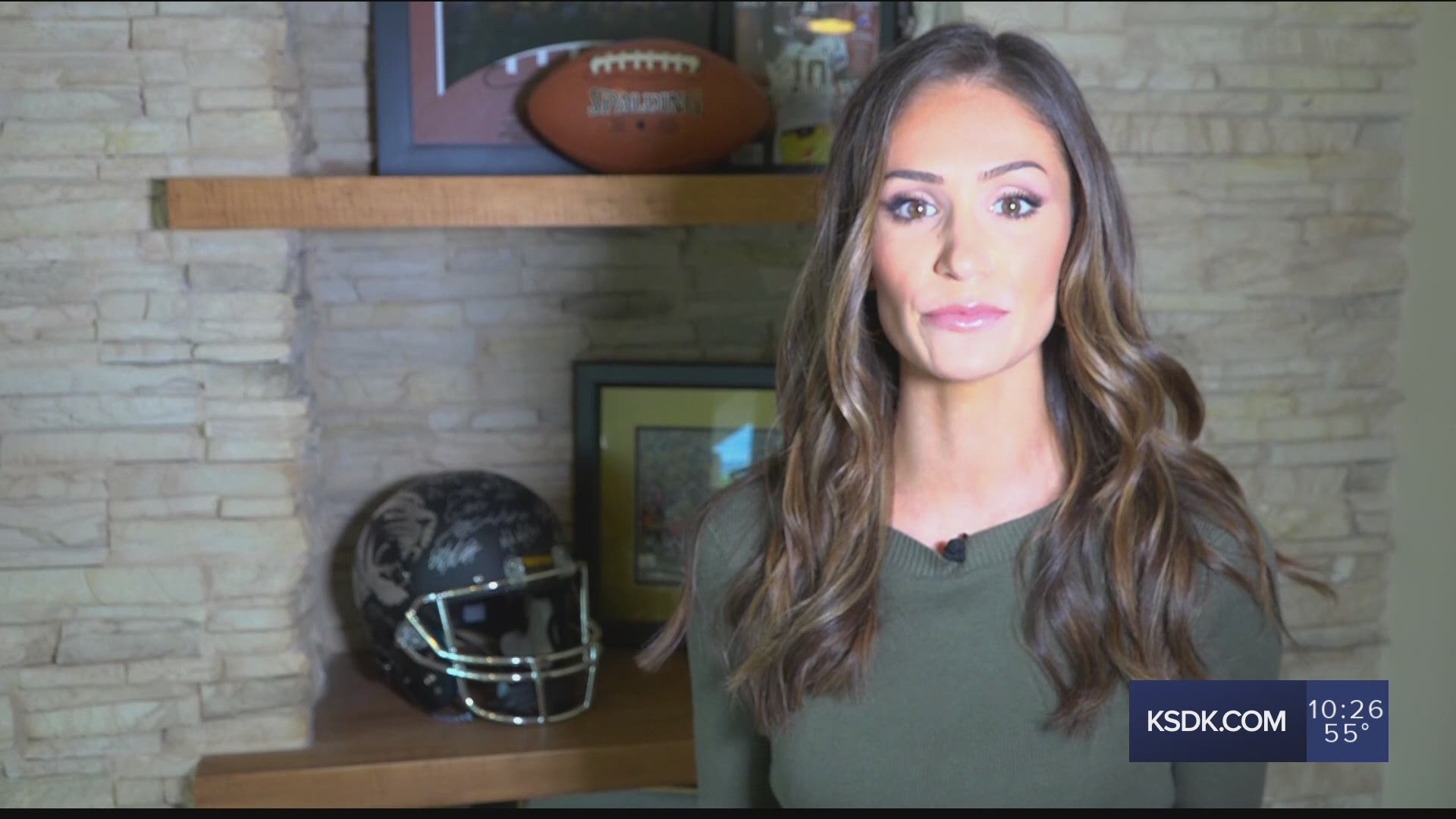ST. LOUIS —
On April 1, 17-year-old Larry Jordan was shot and killed in south St. Louis. Jordan was a football player at Roosevelt High School.
Two weeks later, four people were wounded and two died in separate shootings in downtown St. Louis, including two students from Roosevelt High School.
Among the victims who were killed was Roosevelt basketball standout Malik Henderson, who would have graduated in May.
High school football coaches around the St. Louis area are now working to implement strategies to respond to the gun violence that hasn’t ceased during the shutdown.
“As far as from our standpoint at Ritenour, we’re also in the area where our kids are not always in the best situations when they’re not at school,” Ritenour High School head football coach Kyle Wagner said. "Just as a community I think it did let us know that we need to start to do something, if you aren’t doing something already.”
Wagner was hired as the new Ritenour head football coach as schools began to shut down due to the COVID-19 pandemic. Because of this, he was only able to meet with a portion of his players face-to-face before the school closed its doors.
Wagner said he knew he needed to find ways to connect with his team and make sure all of them had someone to turn to if they need help during this time.
“I tell them 24-7 they can contact me and talk about anything,” Wagner said. “So, I’ve had players contact me about tutoring, all the way up to ya know traumatic issues that we kind of had to handle at 12 o’clock at night.”
Wagner added that he may not personally know all of his players well yet, but his coaching staff does. So, he delegated coaches to work with different players on the team.
“The team we have about 75 kids signed up to play right now,” Wagner said. “And I assigned each coach on my staff five to 10 kids to keep track of. And so what they do is they call at least once a week. They check in on the kid, make sure that they don’t need help reaching teachers.”
Wagner added that every student-athlete has a different home-life situation. He said there was an emphasis placed on designing workouts to make sure all of his student-athletes were able to get outdoors each day for fresh air in safe ways.
“I do things like my workouts where it’s a time for them to go out and kinda get out of the house and do things away from the house,” Wagner said. “I know a few of my players they go out and they do things at the football field ya know kind of on their own.”
Wagner has also implemented technical strategies to create an online team community.
“We’ve also had a few Zoom meetings with the team in different position groups to connect with them that way,” Wagner said. “And then I’ve used the team snap app, which allows everybody in the program to basically be connected all the time.”
Typically, high school football teams in St. Louis would be training and weightlifting a couple of times a week at this point in the year to prepare for the fall season.
Wagner said it became clear that some of his athletes fear how their futures could be affected as a result of COVID-19.
“Questions that I’ve heard is, ‘will we have a football season,’” Wagner said. “I think that football gives those kids a lot of motivation to make it through the tough times and the struggles of both school and home life.”
Wagner said the goal is to focus on the things the team can control during this time.
“Each week I send out core values,” Wagner said. “So this week, we’re talking about discipline and how they can apply that to their life. Each week I’m keeping track of whether we’re living up to those core values. And eventually, hopefully, we’ll run into a week where this is a week where we’re meeting. And this is a week where we’re working in person.”


